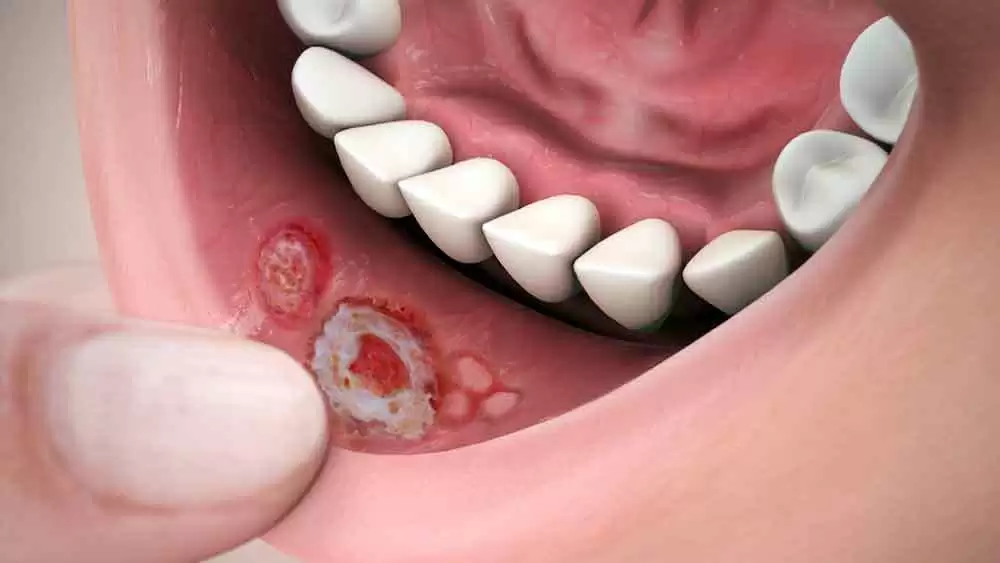Celiac.com 09/04/2024 - Researchers conducted a retrospective, observational cohort study with the aim of determining whether iron deficiency at the time of celiac disease diagnosis affects the tissue transglutaminase antibody (TTG) normalization rate among pediatric patients on a gluten-free diet. Celiac disease is an immune-mediated disorder triggered by gluten consumption in genetically predisposed individuals, often diagnosed using specific serological tests. A gluten-free diet is the only effective treatment, and the study investigates whether iron deficiency affects the rate of antibody normalization in pediatric patients adhering to this diet.
Methods
The researchers conducted a retrospective, observational cohort study involving children aged 2-18 years diagnosed with celiac disease between January 2016 and December 2020. Data on demographics, hemoglobin, ferritin, and antibody levels were collected at diagnosis and one year after starting a gluten-free diet. Iron deficiency was defined by specific hemoglobin and ferritin levels. The primary focus was to compare tissue transglutaminase antibody normalization rates between children with and without iron deficiency at diagnosis.
Results
Celiac.com Sponsor (A12):
The study included 118 pediatric patients. At diagnosis, 51.7% had iron deficiency, with a higher prevalence among females in the non-iron deficient group. The median age at diagnosis was slightly lower for those with iron deficiency. After one year on a gluten-free diet, 65.5% of children with iron deficiency achieved antibody normalization, compared to 53.8% of those without iron deficiency, though this difference was not statistically significant. Notably, male children had a significantly higher rate of antibody normalization than females.
Discussion
The study's findings indicate that iron deficiency at the time of celiac disease diagnosis does not significantly impact the rate of antibody normalization after one year on a gluten-free diet. However, male children showed a higher likelihood of achieving normalization compared to females. This gender disparity suggests that other factors might influence antibody normalization rates, warranting further research. The study's results align with previous research showing no significant difference in serological response between children with and without anemia at diagnosis.
Conclusion
The study concludes that iron deficiency at diagnosis does not hinder tissue transglutaminase antibody normalization in pediatric celiac disease patients adhering to a gluten-free diet. The observed higher normalization rates among males suggest that gender-specific factors may influence the immune response to a gluten-free diet. Future research should focus on understanding these factors and their implications for managing celiac disease in children.
Significance for Celiac Disease Patients
For individuals with celiac disease, this study provides valuable insights into the role of iron deficiency in disease management. It reassures parents and healthcare providers that iron deficiency at diagnosis does not delay antibody normalization, highlighting the importance of maintaining a gluten-free diet. Additionally, the gender-specific findings may guide personalized treatment approaches, improving outcomes for children with celiac disease. This study underscores the need for ongoing research to optimize care for pediatric celiac disease patients.
Read more at: cureus.com












Recommended Comments
There are no comments to display.
Create an account or sign in to comment
You need to be a member in order to leave a comment
Create an account
Sign up for a new account in our community. It's easy!
Register a new accountSign in
Already have an account? Sign in here.
Sign In Now